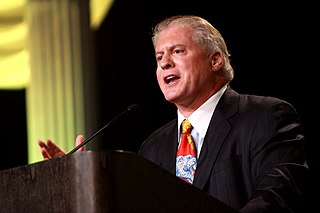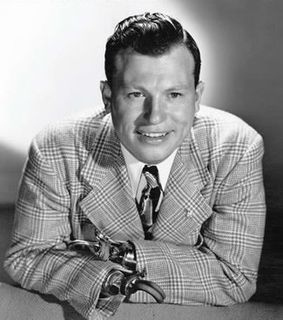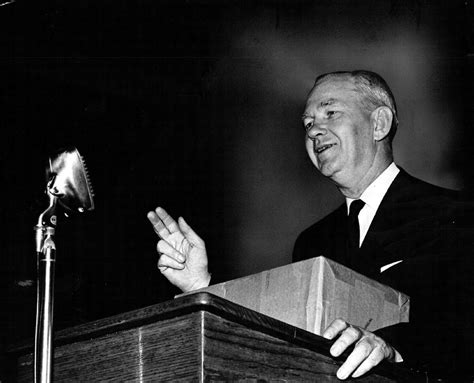A Quote by David Souter
Under the Articles of Confederation, the national government had the power to issue commands to the several sovereign states, but it had no authority to govern individuals directly.
Related Quotes
I have the highest veneration of those Gentleman, -- but, Sir, give me leave to demand, what right had they to say, We, the People? My political curiosity, exclusive of my anxious solicitude for the public welfare, leads me to ask who authorized them to speak the language of, We, the People, instead of We, the States? States are the characteristics, and the soul of the confederation. If the States be not the agents of this compact, it must be one of great consolidated National Government of the people of all the States.
Abortion is a states' rights issue. Education is a states' right issue. Medicinal marijuana is a states' rights issue. Gay marraige is a states' rights issue. Assisted suicide- like Terri Schiavo- is a states' rights issue. Come to think of it, almost every issue is a states' rights issue. Let's get the federal government out of our lives.
It is federal, because it is the government of States united in a political union, in contradistinction to a government of individuals, that is, by what is usually called, a social compact. To express it more concisely, it is federal and not national because it is the government of a community of States, and not the government of a single State or Nation.
Now to avoid any collision of armed forces, and perhaps the loss of life, I do this under protest and impelled by said force yield my authority until such time as the Government of the United States shall, upon facts being presented to it, undo the action of its representatives and reinstate me in the authority which I claim as the Constitutional Sovereign of the Hawaiian Islands.
The power of the state to impose restraints and burdens upon persons and property in conservation and promotion of the public health, good order, and prosperity is a power originally and always belonging to the states, not surrendered to them by the general government, nor directly restrained by the constitution of the United States, and essentially exclusive.
The states have authority to interpret the Constitution, enforce it, and protect the people from violations of it by the federal government In the first place, there is not a syllable in the plan under consideration which directly empowers the national courts to construe the laws according to the spirit of the Constitution, or which gives them any greater latitude in this respect than may be claimed by the courts of every State.
Those who wrote the Constitution clearly understood that power is dangerous and needs to be limited by being separated - separated not only into the three branches of the national government but also separated as between the whole national government, on the one hand, and the states and the people on the other.


































